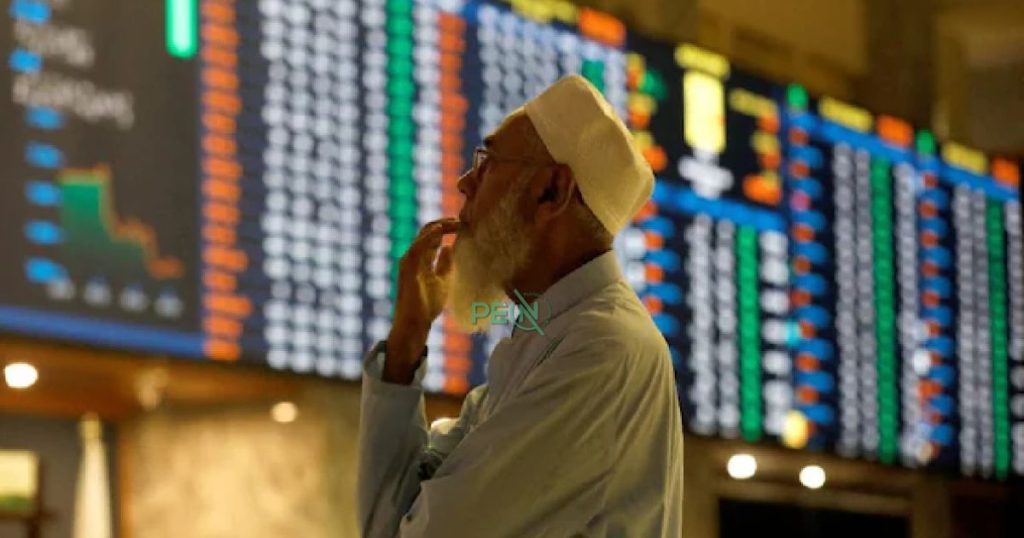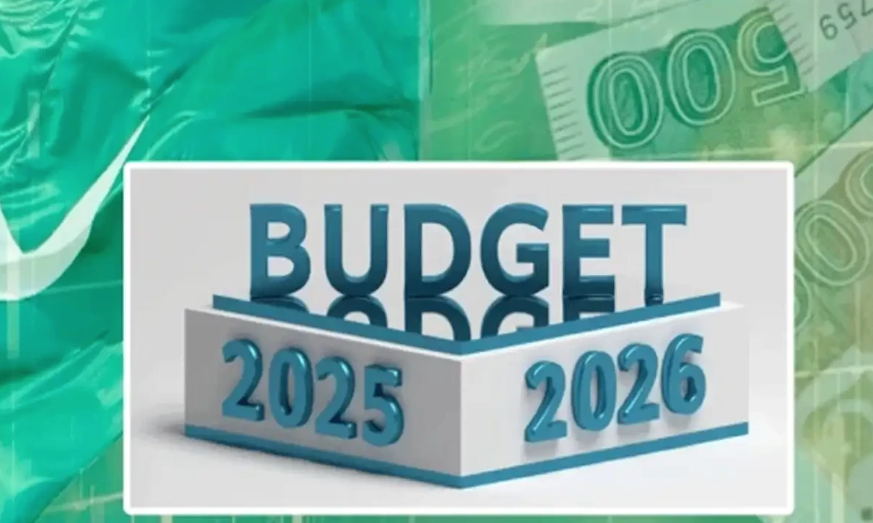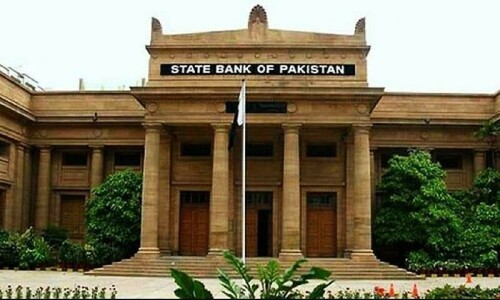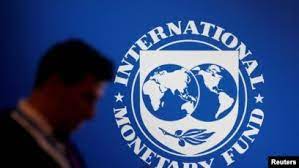TRADE & ECONOMY

Facing stern criticism from the International Monetary Fund (IMF), the Pakistani government has pledged to implement a series of major economic reforms aimed at addressing revenue shortfalls and meeting the conditions of the recently approved $7 billion Extended Fund Facility (EFF). The reforms focus on reducing public spending, expanding the tax base, and enhancing transparency in the country’s economic governance.
According to the IMF’s report, Pakistan has committed to cutting the Public Sector Development Programme (PSDP), imposing timely tariff adjustments in the gas and electricity sectors, and expanding the Tajir Dost Scheme to include more cities, aiming to bring the retail sector into the tax net. The expanded scheme is expected to generate Rs250 billion in revenue this year alone, growing steadily in the future.
In a bid to meet revenue targets, the government also plans to impose or increase withholding tax and excise duties on various goods and services. These taxes will serve as contingency measures if revenue collection falls short of targets.
One of the most notable reforms is the inclusion of agriculture in the tax net, with provincial governments agreeing to amend their agricultural income tax regimes. The new system will align taxation of agricultural income with federal personal and corporate income tax regimes, taking effect on January 1, 2025. This measure is expected to bolster provincial tax revenues while ensuring that agricultural income is taxed fairly and uniformly.
The government has also promised to privatize four power sector entities within the current year, a move expected to generate significant revenue and improve the performance of the energy sector. This comes in the wake of concerns raised by the IMF over the establishment of a Sovereign Wealth Fund and the creation of the Special Investment Facilitation Council (SIFC), which the IMF warned could distort the investment landscape if not properly managed.
In response to IMF concerns, the government assured that the SIFC would not offer tax-based incentives or guaranteed returns that could compromise the competitiveness of the investment environment. The government further committed to transparency and accountability in the management of the Sovereign Wealth Fund, promising amendments to the 2023 Sovereign Wealth Fund Act by the end of December to ensure proper governance mechanisms are in place.
The IMF report also noted Pakistan's foreign financing needs, estimated at $110.5 billion over the next five years, averaging $22 billion per year. To meet these requirements, the government has emphasized the need for broad-based tax reforms, with a target to increase the tax-to-GDP ratio by 3 percentage points over the next three years. A 1.5 percentage point increase has already been introduced in the current fiscal year, generating Rs1.75 trillion in additional revenue.
Other key measures include transitioning the General Sales Tax (GST) on services from a positive list to a negative list approach, eliminating tax exemptions for donations and non-profit organizations, and imposing a uniform property tax across all provinces. These efforts are expected to simplify the tax system and reduce opportunities for tax evasion.
In the energy sector, the government has committed to a tight monetary policy to control inflation and improve the efficiency of monetary transmission. The State Bank of Pakistan will maintain its role in guiding inflation towards target levels, while fiscal policy will remain focused on reducing public debt and ensuring sustainable growth.
In the face of these challenges, the government has also set aside emergency contingency funds totaling Rs348 billion, equivalent to 0.3% of GDP, to guard against fiscal risks. Provincial governments will allocate 1% of their expenditures for contingencies, ensuring that adequate resources are available to address potential emergencies.
As Pakistan navigates the terms of the IMF agreement, the success of these reforms will be crucial in securing long-term economic stability and attracting foreign investment.




